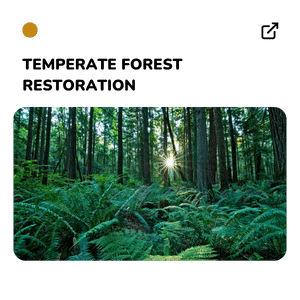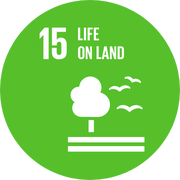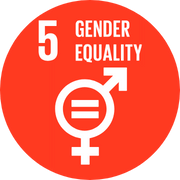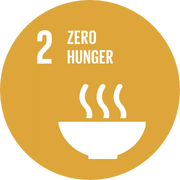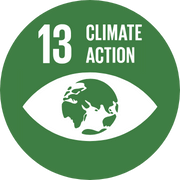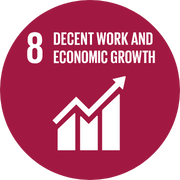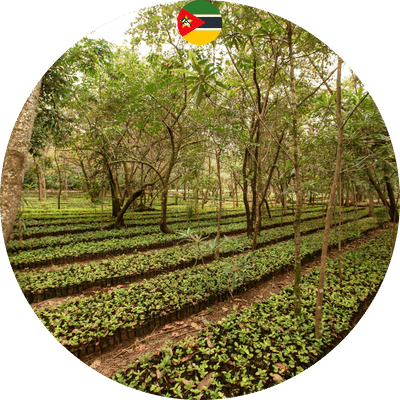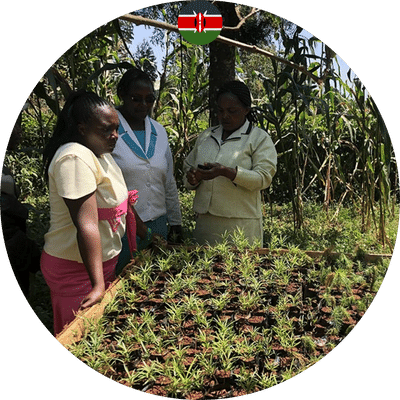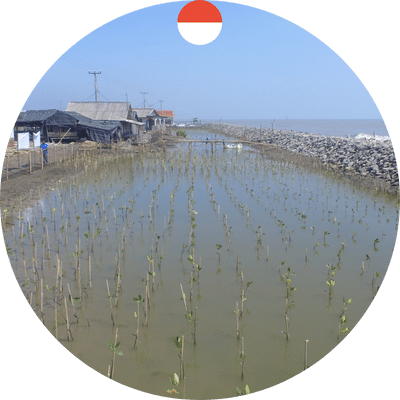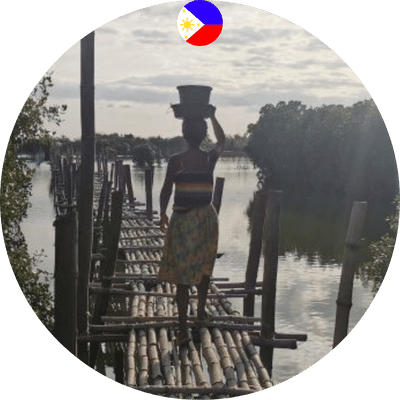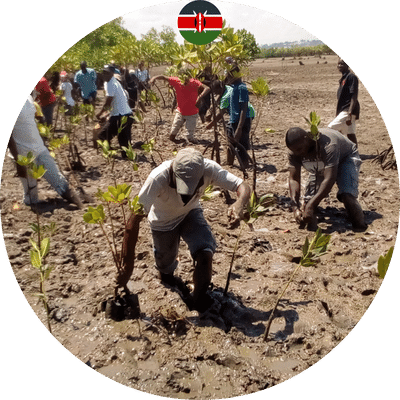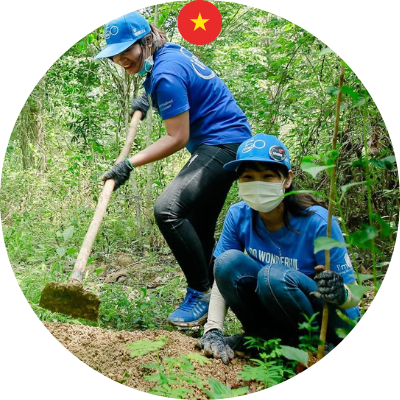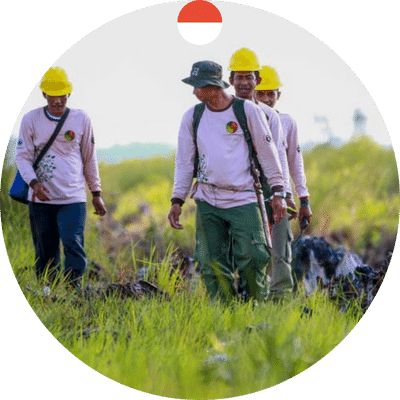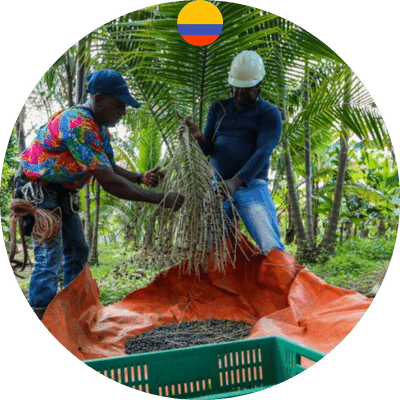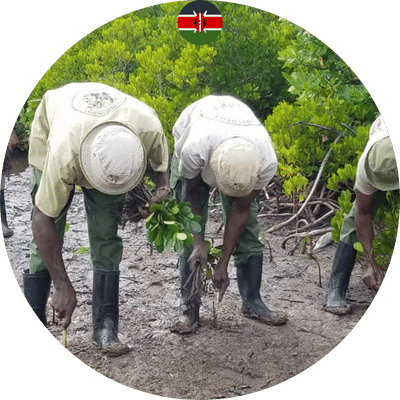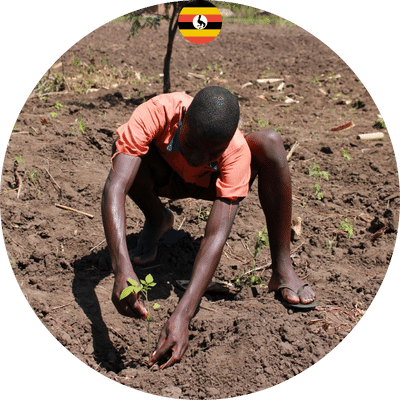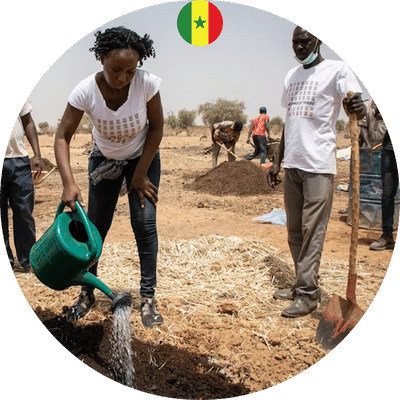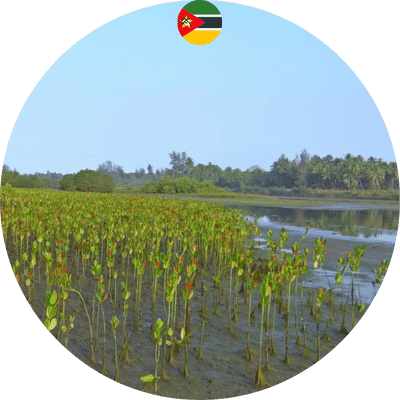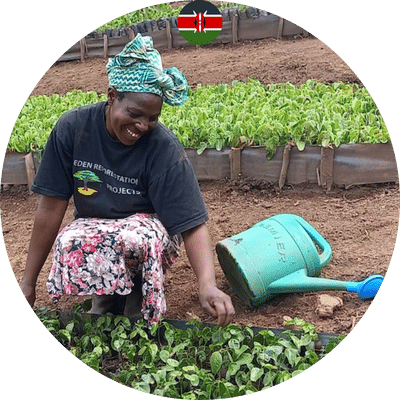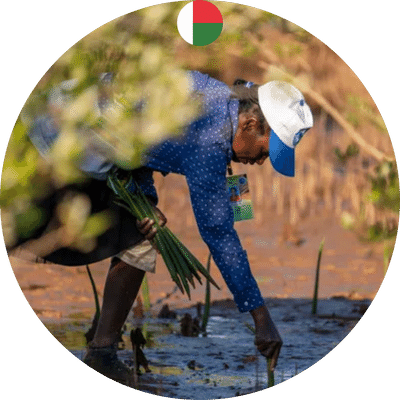Forest Restoration in Kenya
Project location
Kenya is a large country in East Africa, situated between Lake Victoria to the west and the Indian Ocean to the east. The capital, Nairobi, is a major regional commercial hub, and the economy heavily relies on two specific sectors as sources of external income: agriculture and tourism.
Food security and poverty have been significant developmental challenges in Kenya, with some sources noting that approximately 36% of the Kenyan population lives below the poverty line.
In the Mau region, challenges for the local population include limited access to freshwater, poor road infrastructure, and inadequate educational facilities. The Mau Forest itself contains numerous rivers that flow into Lake Victoria to the west, impacting the lives of millions of people.
Deforestation, primarily occurring since the 1970s in this region to support agriculture, charcoal production, and livestock farming, has led to widespread land degradation. Coupled with recent droughts in the region, it has caused severe hydrological damage in local watershed
Planting partner
This project is managed by Eden Reforestation Projects, a non-profit organization whose mission is to provide fair wages to impoverished villagers as stewards of global reforestation.

Eden always employs local individuals to grow, plant, and nurture the trees funded by our members until they reach maturity. They do this on a large scale. In addition to restoring forest ecosystems, Eden’s ‘Employ to Plant’ methodology yields multiple positive socio-economic and environmental outcomes.
The Project
The project site is located in the Mau region of Southern Kenya and encompasses six individually defined reforestation areas with a total area of 5,700 hectares. The land itself is owned by the local community and will be planted by members of the local community from the region.
The use of an ’employ to plant’ methodology ensures a consistent income in sustainable land-use practices for the local people working as planters, nursery staff, and forest guards as part of the project activity. This consistent income provides the local community with access to education, nutrition, and healthcare.
Over the extensive area of the site and the 7-year project duration, an estimated 14.25 million Afromontane trees will be planted at this location, thanks in part to the support of all Kuwi members.
Restoration of temperate forest
The world’s 1.9 billion hectares of temperate forests serve as a net carbon sink. According to the World Resources Institute, over 1.4 billion additional hectares qualify for restoration: large-scale, intact forests or mixed mosaics of forests, sparser tree cover, and land uses like agriculture. Restoration involves additional carbon sequestration.
While temperate forests are not threatened by the same large-scale deforestation as the tropics, they remain fragmented by development. They also face warmer and more frequent droughts, longer heatwaves, more severe wildfires, and worsening outbreaks of insects and pathogens. These disruptions can surpass the resilience of temperate forests.
Project SDGs
When allocating our members’ funds, we’re committed to aiding in the Sustainable Development Goals set by the United Nations. Below are the SDGs acknowledged for this project.
💡 Click on the Icon to read follow the progress on each SDG.
Photos 📷








